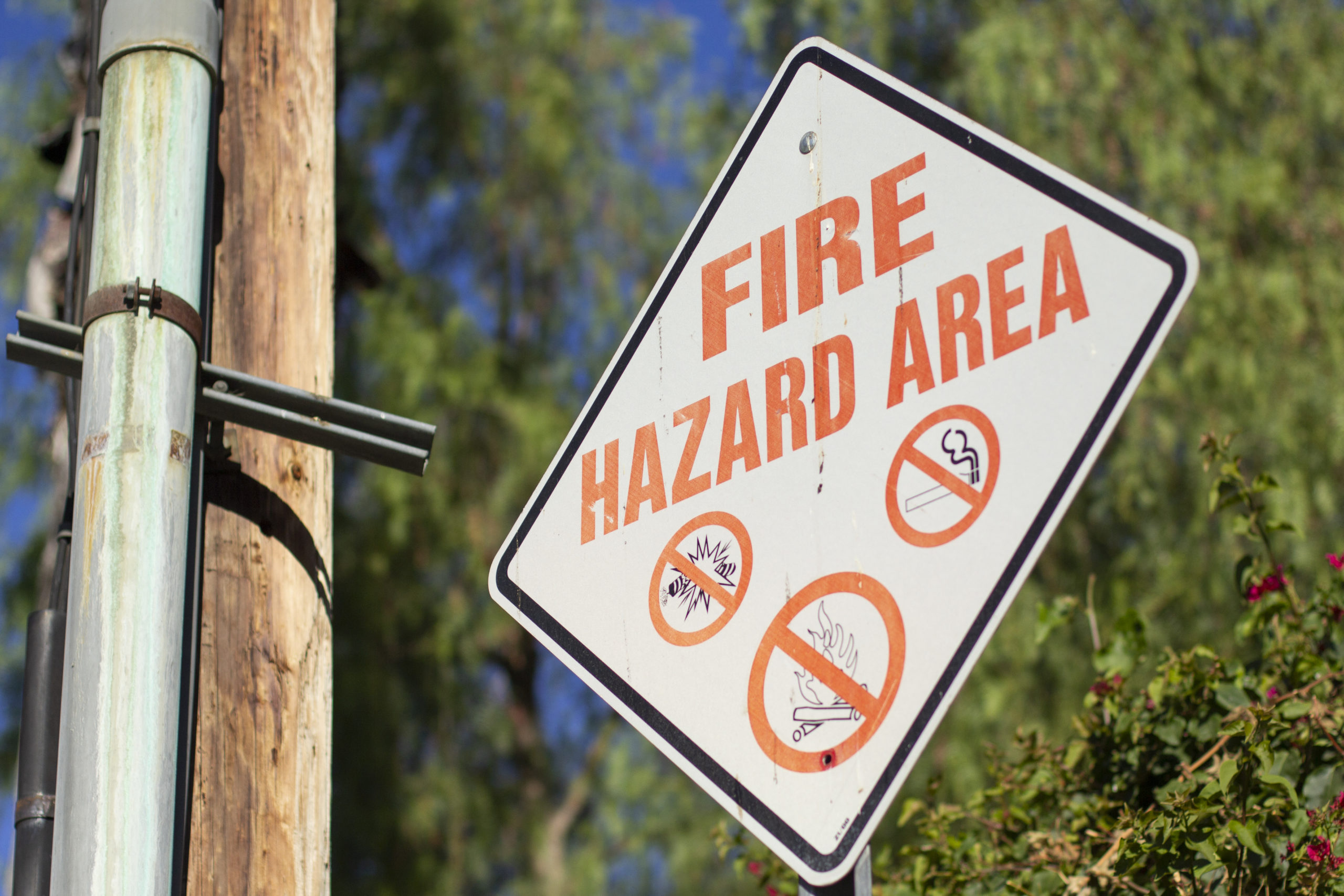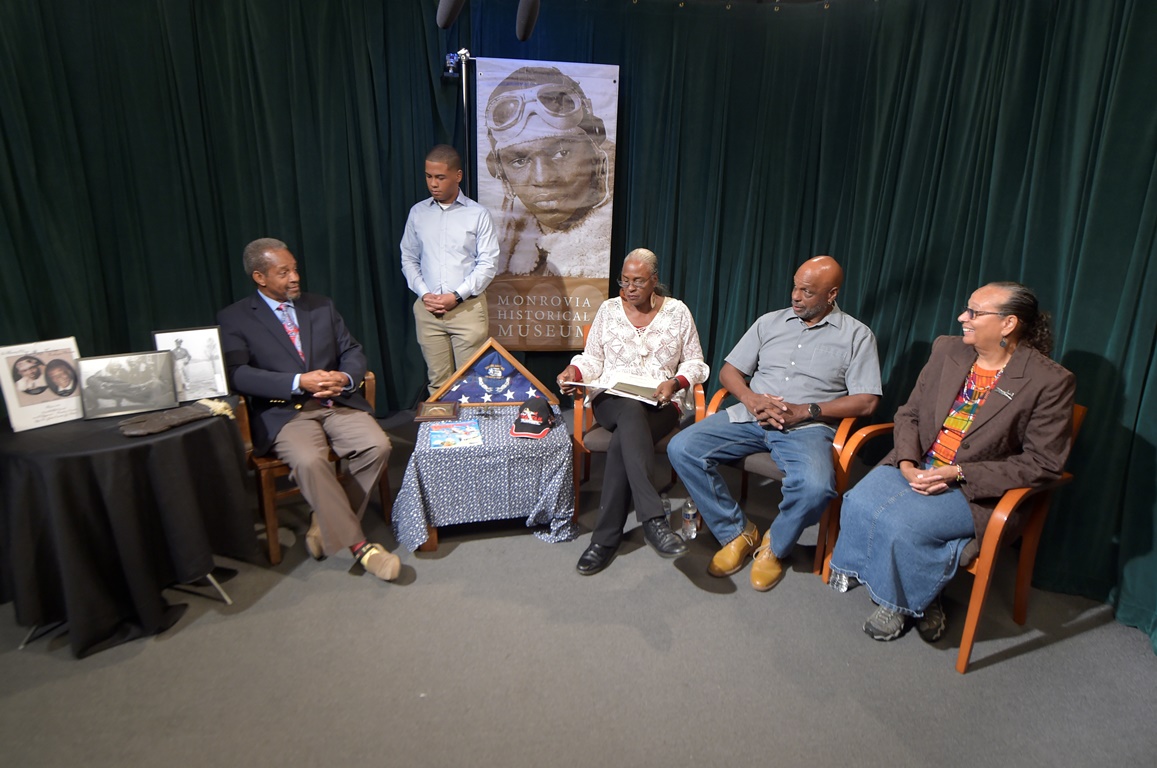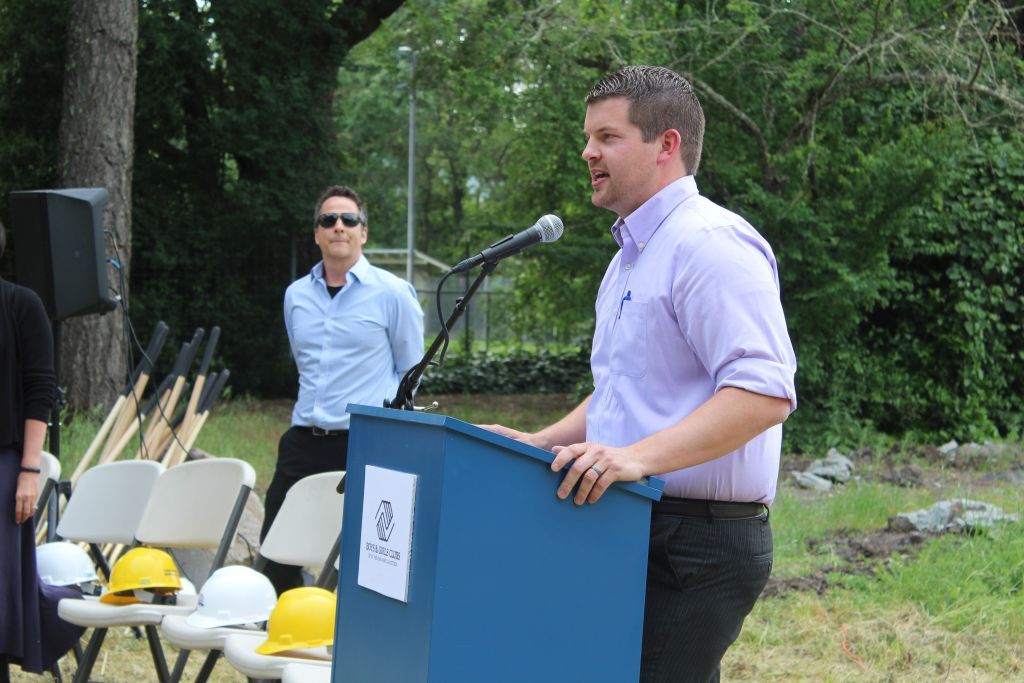By Vicky Nguyen
Living in a high fire severity zone such as Monrovia means taking responsibility to comply with brush clearance requirements.
While most Monrovians comply, a handful of homeowners have difficulty or refuse to comply with requirements, several citations have been issued. Stubborn homeowners will be given three citations and increasing fines before the case goes through an abatement process with a city attorney to determine if the fire department can legally clear the brush. In a worst-case scenario, the entire process may take several months.
Ed Corser, a Monrovian who had been trying to clear a pair of tall dead trees he noticed on the side of a road on Cloverleaf Drive and Altavista Avenue since July, believes this process is too long. He reported the hazard to the fire department in August and followed up again on the case in September. Both times, he was told that the homeowner had been issued a citation and given a two-week period to comply with regulations.
The trees continued to stay up, and Corser’s concerns grew as California’s wildfire season encroached.
“What do we do to get the problem solved? That’s all I want,” Corser said. “We’re looking at eight weeks minimum, plus whatever the attorney does to get the property owner to clear the property.”
Corser expressed his concerns to the City Council on Oct. 15, advocating for a more aggressive approach to residents who aren’t complying. Corser’s statements during the meeting prompted Fire Chief Brad Dover to investigate the case.
In this instance, while on private property, the trees were next to the roadway, making it a significant hazard. This gives the fire department authority to clear the trees immediately. The trees will come down Thursday.
While Dover has no problem expediting this case, it is an exception rather than the rule. Dover believes in being flexible and working amicably with residents before using more aggressive tactics.
“You have people who are hyper vigilant. They want every bit of brush gone — that’s not realistic. Then we have people who don’t want to do anything.” Dover said. “We always try to work with people, but we have to balance that out. We constantly are trying to find that balance of moving the hazard but not overreaching our authority.”
Homeowners who don’t comply may do so because of privacy reasons or simply because of contrarian attitudes against being told what to do. However, more often, the noncompliance is an issue of financial burden.
“There are what we call perimeter homes. They’re actually butting the brush. It gets very costly for them to trim their brush,” Dover said.
“Our brush area is a huge hazard. We live essentially in a desert. People just need to know what we’re asking of them is for their own safety, otherwise we wouldn’t be doing it.” Dover said. “As long as they follow what recommendations we give them and reduce the hazards the best they can, we’re good.”







